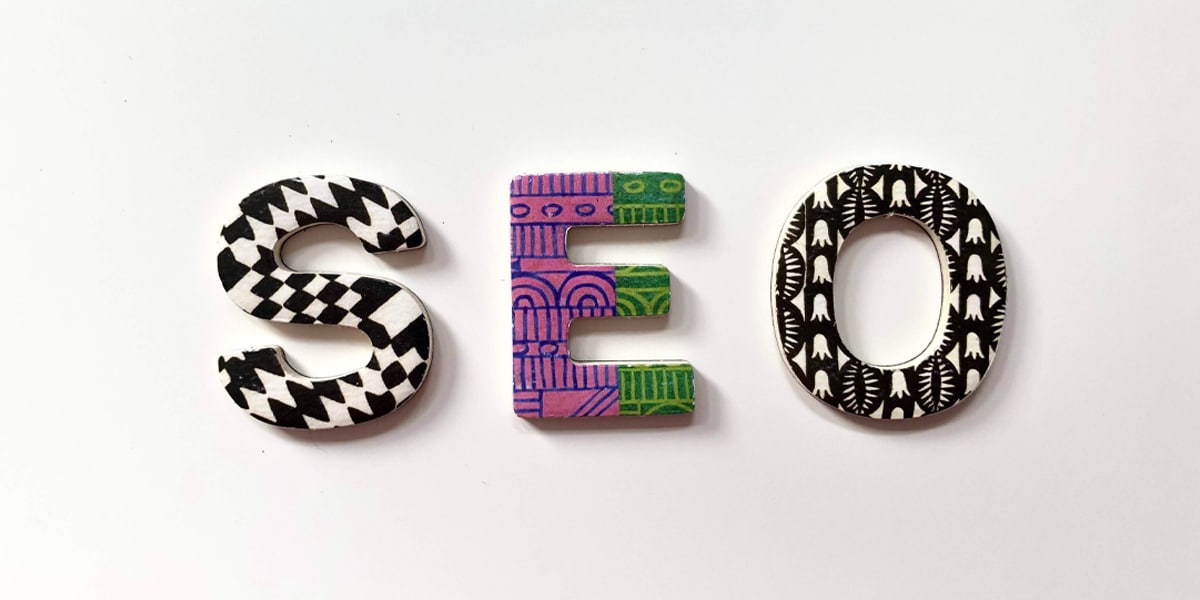You’ve probably heard people mention “organic” search results and paid ones. So, which results are “organic” versus paid? Organic search results are all results shown that were not paid to be shown. Paid results can be spotted because they have a small “ad” symbol next to them; these are ads shown from pay-per-click advertising. How do search engines decide which sites to show in the organic results? The answer is SEO.
What is SEO?
SEO stands for search engine optimization. Search engine optimization is the process of modifying and improving a website in order to appear higher in search results, leading to an increase in visibility and site traffic.
Why Is It Important?
SEO helps your website to be discoverable. It doesn’t help if you have an amazing website with great products or offerings, but no one ever finds it. While you can drive some traffic to your website through paid advertising, social media, and other online platforms, being discoverable and visible on search engines is key. The majority of online traffic comes from search engines. How often do you just “Google it” to learn the answer to a question, find the nearest store of your choice, or try to find a site where you can order that one thing you’ve been eyeing for a while? Search engines are a well-used avenue for navigating the internet.
Properly setting up and optimizing your website for search engines can help to increase traffic to your site and help search engines show your information correctly in search results. SEO is also an investment with continual growth potential. When done correctly and integrated with a solid content marketing strategy, you will see the results keep growing. So, how do you even begin to optimize your site? Check out our beginner’s guide below.
Beginners Guide to SEO
Keywords
Keywords can be one word or a phrase and are an integral part of SEO. Keywords create a bridge between your website and search engines. When someone conducts a search, the search engine crawls your website looking for words related to that search. If a page on your site has the same words or phrase used in the search, along with other indicators, then your website will show in the search results. Keywords are a great tool and a way to make sure the content you are creating has the right words in it to match your site with the right audience.
On-Page SEO
On-page SEO refers to the techniques that are used on-site to improve your website’s ability to be crawled by search engines and to build your site’s credibility. This includes optimizing your page’s content and ensuring your site structure is set up correctly so that search engines can find the information they need to rank your site.
Search engines don’t read your website like humans do. They look for certain information and signals to properly “read” the content on your website and determine the context and what the page is about. With SEO, you can make sure search engines get the signals they need to correctly crawl your site. You want to make sure every page has a title, heading are used throughout each page’s content, and your website has a proper internal link structure. You also want to keep your urls short and include keywords related to that page.
Content can be optimized for search engines through the use of keywords as discussed earlier. You can also utilize alt tags for images. This provides text in the code on the site telling what the image is showing. Here are a few other tips for optimizing your content:
- Make sure there is enough content on each page of your website. When there’s not enough content to be read, search engines struggle to crawl the page and learn what the page is all about.
- Don’t have duplicate content, as in keep content unique from page to page. Search engines will penalize a site for duplicate content.
Off-Page SEO
Off-page SEO is the process of improving your website’s visibility and credibility through the use of off-site techniques. This includes link building and off-site promotion, such as on social media. The most popular off-page SEO is through link building, or backlinks.
Link building helps to build authority for your site and the number of backlinks to a site influences the ranking it receives from search engines like Google and Bing. A backlink is when one website links to another. You can build links through guest blogging or creating content like infographics that you know will be shared a lot.
A word of caution, don’t partake in backlinking scheme or purchasing backlinks. Search engines can read right through it and will penalize sites caught or suspected of doing this.
White Hat vs. Black Hat SEO
White hat SEO refers to SEO practices and techniques that abide by search engines rules, guidelines, and best practices. The primary focus of white hat SEO is to provide users the most value.
Black hat SEO is the technique or practice of trying to fool search engines through unethical strategies and going against search engine guidelines. Users of black hat SEO have the only goal of getting higher rank and seeing increased clicks. These techniques are risky and can result in your website being de-indexed, as in your site will no longer show in search results.
SEO Is Important But Users Are Top-Priority
SEO is extremely important in getting your site found, but don’t design your site or write content solely for the search engines. Keep your website visitors at the top of your priority list. You want your site to be able to be found, but once a user lands on your website you want them to have a good user experience and find what they are looking for. Design your website with the user’s needs in mind first, then get started on optimizing your site for search engines!














Comments: 0